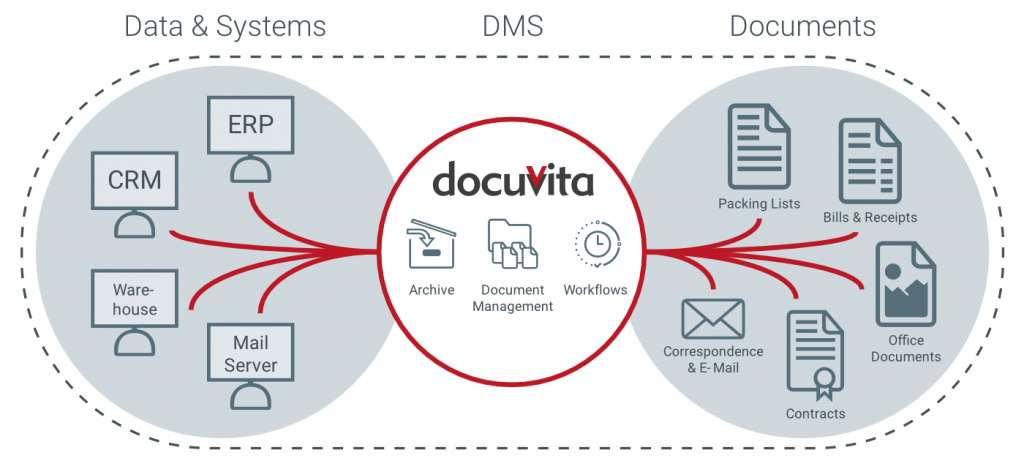
Navigating Data Portability Laws: Ensuring Seamless Digital Transfer
In our increasingly connected world, the movement of data is a fundamental aspect of digital interactions. Data portability, the ability for individuals to transfer their personal data between services, has become a focal point in the digital landscape. This article explores the significance of data portability laws and their role in facilitating seamless digital data transfer.
Defining Data Portability Laws
Data portability laws are regulations that empower individuals to control and transfer their personal data across different platforms and services. These laws aim to promote user autonomy, foster competition among service providers, and enhance overall consumer rights. By giving individuals more control over their data, data portability laws contribute to a more user-centric digital environment.
The Importance of User Control in the Digital Era
In an era where digital interactions are integral to daily life, individuals generate vast amounts of personal data across various online platforms. Data portability laws acknowledge the importance of this data and seek to empower users by ensuring they have control over their digital footprint. This control is not only a matter of privacy but also a way to promote transparency and accountability in the use of personal information.
Facilitating Competition and Innovation
Data portability laws play a pivotal role in fostering competition and innovation in the digital space. When users can easily switch between services while taking their data with them, it encourages service providers to improve their offerings continually. This competitive environment incentivizes innovation, as companies strive to provide better features and experiences to attract and retain users.
Technical Challenges and Interoperability
While the concept of data portability is straightforward, its implementation can be technically challenging. Ensuring interoperability between different platforms requires standardized formats and protocols. Data portability laws often push for industry-wide standards to overcome these challenges, promoting a seamless and efficient transfer of data between diverse digital services.
Privacy Considerations in Data Transfer
As data moves between platforms, privacy considerations become paramount. Data portability laws must strike a balance between enabling data transfer and safeguarding user privacy. Robust security measures and encryption protocols are essential components to ensure that sensitive personal information remains protected during the transfer process.
International Perspectives on Data Portability
Data portability is not confined by national borders. Different countries approach this concept with varying perspectives, leading to diverse regulatory frameworks. International cooperation and standardization efforts are crucial to creating a cohesive global environment where individuals can exercise their data portability rights seamlessly across borders.
The Role of Data Portability in Digital Services
Data portability extends beyond individual control; it influences the design and functionality of digital services. Service providers must adapt their systems to accommodate data portability requirements. This adaptation often involves investing in infrastructure and technologies that facilitate a smooth data transfer process, ultimately enhancing the overall user experience.
Challenges and Compliance for Businesses
For businesses, complying with data portability laws presents both challenges and opportunities. While implementing the necessary technical infrastructure can be resource-intensive, it also opens up new possibilities for innovation and customer-centric strategies. Adhering to data portability regulations is not only a legal requirement but also a way for businesses to build trust and credibility with their user base.
Looking Ahead: Future Developments in Data Portability
The landscape of data portability is dynamic, with ongoing developments shaping its future. As technology advances and user expectations evolve, data portability laws will likely undergo refinements to address emerging challenges. Continuous collaboration between policymakers, industry stakeholders, and technology experts is crucial to ensuring that data portability remains effective and relevant in the digital age.
In conclusion, data portability laws are instrumental in empowering individuals and shaping a more competitive and user-centric digital ecosystem. By understanding and navigating these regulations, both users and businesses contribute to a digital environment where the seamless transfer of personal data is not only possible but also enhances innovation and competition. To learn more about data portability laws, visit Data Portability Laws.



